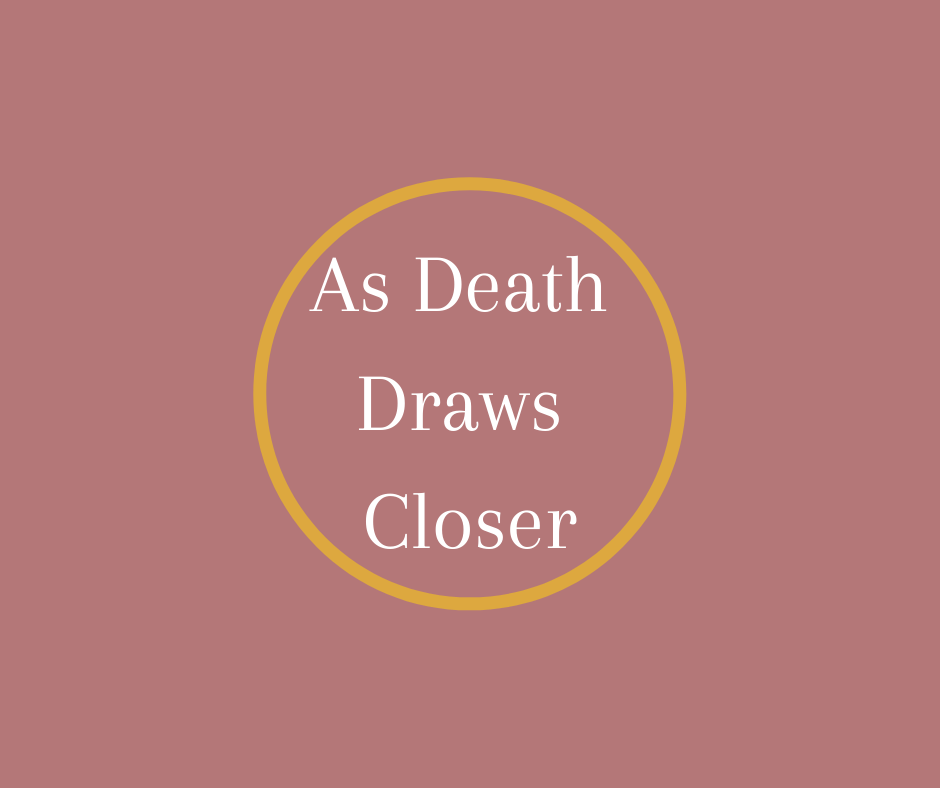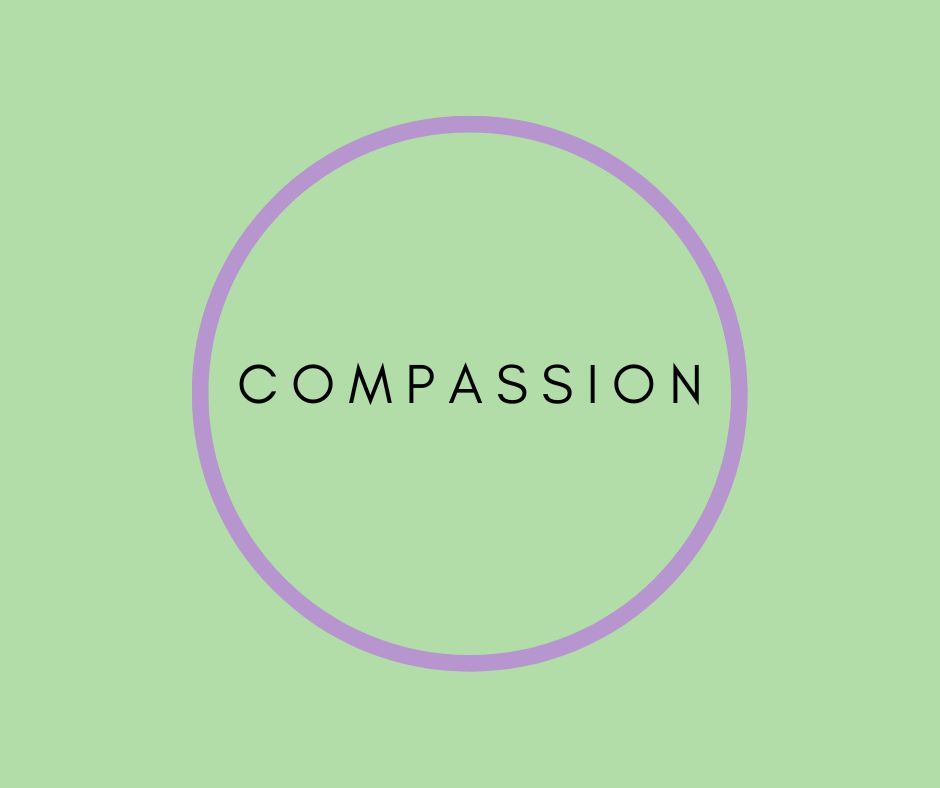QUESTION to Barbara: I need some help. As of yesterday afternoon I am officially fed up. I have been an RN case manager for seven years. The whole “industry” is making my heart sick for so many reasons. I’m not going to list them because I don’t want to focus on what’s wrong but I want to do something different. I want to teach people not to fear the inevitable. I want to help make death as much a normal part of life as birth. Of course there is sadness. That’s normal. But the sheer frantic panic that I see in loved ones week to week doesn’t have to happen. How can I do that on a broader scale? How can I reach people and help them learn that death is OK and that it’s not such a terrible thing?
I understand and share your frustration. Hospice, palliative care, and healthcare in general has become more about regulations, reimbursement, and policies and less about people, lives, quality, and personhood. People like us are becoming frustrated and ready to walk away rather than fight the system. SO---what do we do to make a difference?
First, we have to stay in the system. If all of us that see the bigger picture leave, then what will be left is the deteriorating, inadequate system. Change is occurring, not for the better, and if those who understand what hospice can be leave, there is no chance to slow that change. How do we stay and effect change? Use our voice, gently and with tact (we're not making enemies but changing patterns). Plant seeds of thought, how things can be done differently, added too, deleted, and restructured. Bring our knowledge, patience, and compassion to all we meet (professionals, patients, and families).
How can we stay and maintain our balance (and sanity)? Band together with like-minded people. Meet regularly to support each other and plan strategies for promoting quality, patient centered care. We and others like us need to "Be that one lit candle in the darkness." As Perry Como used to sing "If everyone lit just one little candle, what a bright world this would be."
Now, what else can we do? One of the only ways end of life can change is public education. If enough people understand what quality end of life care is they will demand that level of quality. The public needs to understand that just because you can provide certain medical treatments, it doesn't mean that providing those treatments are in the best interest of the patient. If people understand just that much, they will at least begin asking questions. The public needs to know there are new rules for end of life care, that caring for someone at the end of life is different than caring for someone who can get better. Education is our key.
There is another way you can play an important role and keep your passion. Start teaching. Contact community groups (Legionnaires, Junior League, Kiwanis), speak at church groups (Stephan Ministries, parish nurses, lay ministers, Sunday school groups), speak to local journalists, see if someone will write an article----become a voice for quality end of life care.
Something more about Be the Voice...
One of the tools of education that I suggest using in community groups, churches, medical communities, is my dvd kit NEW RULES for End of Life Care. The 25 minute film is full of education on caring for someone at end of life, yet it is emotion evoking and beautifully photographed.







